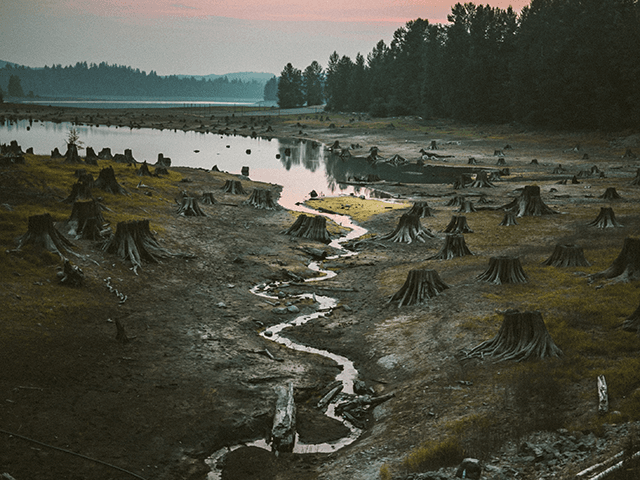
As we continue to try and meet the challenges of Laudato Sí, in this post we focus on the second goal: Response to the Cry of the Poor.
Is there a connection between this and the goal we considered last month, Response to the Cry of the Earth? Absolutely.
Chapter Two in Laudato Sí, The Gospel of Creation, considers sections of Scripture and explores the wisdom found in considering the relationship between humans and nature.
Commenting on the creation accounts in Genesis, Pope Francis says, "The biblical texts are to be read in their context, with an appropriate hermeneutic [interpretation], recognizing that they tell us to 'till and keep' the garden of the world (cf. Gen 2:15). 'Tilling' refers to cultivating, ploughing or working, while 'keeping' means caring, protecting, overseeing and preserving. This implies a relationship of mutual responsibility between human beings and nature. Each community can take from the bounty of the earth whatever it needs for subsistence, but it also has the duty to protect the earth and to ensure its fruitfulness for coming generations…. God rejects every claim to absolute ownership." (#67)
Daniel Castillo, PhD, Associate Professor of Theology, Loyola University, Maryland, observes, "Here, though never stated explicitly, the message is plain: Love and care for neighbor and earth are rooted in the same soil and ought to be attended to accordingly."
Pope Francis exhorts, "Today, we must realize that a true ecological approach always becomes a social approach; it must integrate questions of justice in debates on the environment, so as to hear both the cry of the earth and the cry of the poor. "(49)
The Cry of the Poor tells us, however, we are not attending to this love and care for neighbor and earth. What happens when we don’t feel the connection between the Cry of the Poor and the Cry of the Earth? What is happening?
Consider these examples presented in Laudato Sí “...water pollution particularly affects the poor who cannot buy bottled water; and rises in the sea level mainly affect impoverished coastal populations who have nowhere else to go. The impact of present imbalances is also seen in the premature death of many of the poor in conflicts sparked by the shortage of resources….” (#48)
What happens when we don’t integrate questions of justice in debates on the environment, so as to hear both the cry of the earth and the cry of the poor? (#49)
We read in #51: There is also the damage caused by the export of solid waste and toxic liquids to developing countries, and by the pollution produced by companies which operate in less developed countries in ways they could never do at home…. We note that often the businesses…do here what they would never do in developed countries or the so-called first world. Generally, after ceasing their activity and withdrawing, they leave behind great human and environmental liabilities such as unemployment, abandoned towns, the depletion of natural reserves, deforestation, the impoverishment of agriculture and local stock breeding, open pits, riven hills, polluted rivers and a handful of social works which are not longer sustainable.
A response to the Cry of the Poor cannot happen if it is isolated from a response to the Cry of the Earth. When we realize the two “interpenetrate one another” (Castillo) we can truly defend human life from conception to death, and all forms of life on Earth.
Is there anything to offer us hope?
In paragraph 58 we read: In some countries, there are positive examples of environmental improvement: rivers, polluted for decades, have been cleaned up; native woodlands have been restored; landscapes have been beautified thanks to environmental renewal projects, beautiful buildings have been erected; advances have been made in the production on non-polluting energy and in the improvement of public transportation. These achievements do not solve global problems, but they do show that men and women are still capable of intervening positively. For all our limitations, gestures of generosity, solidarity and care cannot but well up within us, since we were made for love.
At the end of Youth Poet Laureate Amanda Gorman’s poem that she read at the inauguration of President Biden, we hear her proclaim:
The new dawn blooms as we free it
For there is always light,
If only we’re brave enough to see it
If only we’re brave enough to be it.
What can we do? This month we ask you to consider:
- What can I do to become “brave enough to see the light; to be the light” as Amanda Gorman challenges
- Spend some time this month learning about how the climate crisis is affecting the migrants who are forced to leave their countries. All it takes is a quick web search.
- Look for information that describes how the lands of indigenous peoples are being negatively impacted by the decisions and actions of governments and corporations. A good place to start is the Land Justice Project: https://www.nunsandnones.org/land-justice
- Find ways of doing things and having fun without using fossil fuel.
